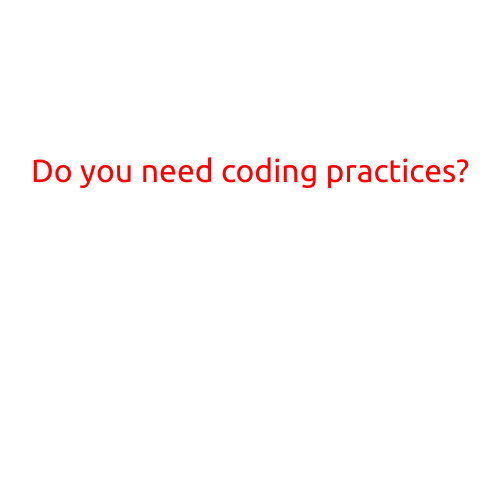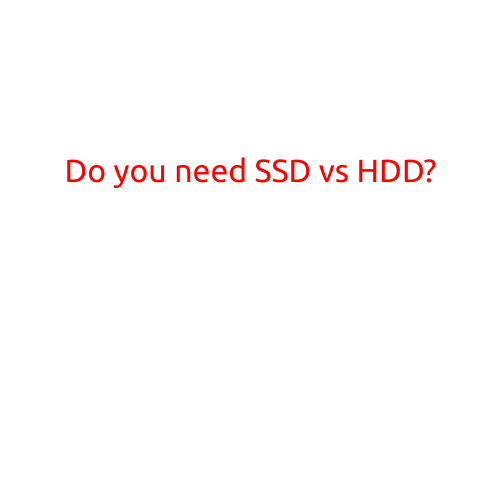
Do You Need Coding Practices?
As a programmer, you’re likely familiar with the concept of coding practices. But what exactly are they, and do you really need them?
In this article, we’ll explore the importance of coding practices, what they entail, and how they can benefit your coding career.
What are coding practices?
Coding practices, also known as coding standards or best practices, refer to the conventions, norms, and guidelines that programmers follow when writing code. These practices are designed to ensure that code is readable, maintainable, and efficient.
Examples of coding practices include:
- Following a consistent naming convention for variables and functions
- Using whitespace to improve code readability
- Commenting code to explain its purpose
- Testing code thoroughly before deploying it
- Using version control systems to track changes
Why are coding practices important?
So, why are coding practices important? Here are a few reasons:
- Readability: By following coding practices, you make your code easier to read and understand. This is particularly important when working on large projects with multiple team members.
- Maintainability: Well-maintained code is easier to update, fix bugs, and modify. This saves you time and reduces the risk of errors.
- Efficiency: Coding practices help you write more efficient code, which means your program will run faster and use fewer resources.
- Collaboration: When you follow coding practices, it becomes easier to collaborate with other developers. You can rely on each other to understand the codebase without needing to spend hours explaining it.
Who needs coding practices?
In short, everyone who writes code needs coding practices! Whether you’re a beginner or an experienced developer, coding practices can benefit your coding career in many ways.
- Beginners: Coding practices can help beginners develop good coding habits from the start, making it easier to learn and grow as a programmer.
- Experienced developers: Even experienced developers can benefit from coding practices. They can help refine your coding skills, improve your efficiency, and reduce the risk of errors.
- Teams: When working on a team, coding practices can help ensure consistency and readability across the codebase, making it easier for team members to collaborate and maintain the code.
Conclusion
In conclusion, coding practices are essential for any programmer who wants to write efficient, readable, and maintainable code. By following coding practices, you can improve your coding skills, reduce errors, and collaborate more effectively with other developers.
Whether you’re a beginner or experienced developer, it’s never too late to start adopting coding practices. Start by researching coding standards and best practices specific to your programming language and industry, and adjust them to fit your needs.
Remember, good coding practices are worth the effort. They can make all the difference in your coding career, and set you up for success in the long run.





